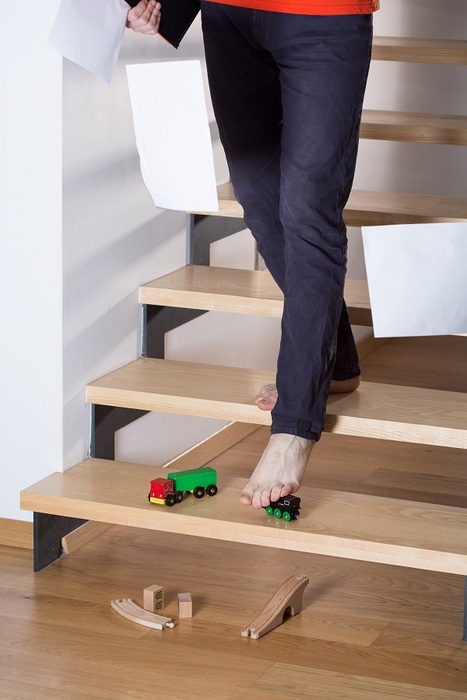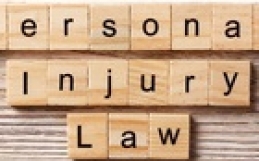When a person is injured on your property, you may be held responsible under the legal principle of “premises liability.” Your homeowners insurance policy (or renters insurance, if you purchase such a policy) includes coverage for accidents caused by hazards associated with your property, whether a home or business. Premises liability cases and their resolution depend heavily on the situation in each different case.
According to the American Bar Association, “Under traditional legal principles, your liability to people injured on your property changed according to the reason they came onto your property. Were they there to visit, to sell, to solicit, to fix something, or to trespass? A more recent trend, however, holds land or property owners to a general duty of care to prevent injury to anyone coming onto their property, unless the dangerous condition was open and obvious.”
According to legalexaminer.com, the most common premises liability injuries are:
• Bites by uncontrolled dogs
• Slip-and-fall injuries caused by ice, other slippery surfaces, or unseen obstacles
• Inadequate security, e.g., inadequate prevention of a break-in, robbery, or vandalism
• Poor staircase lighting or other poor maintenance, including failure of neglected safety systems such as smoke alarms or fire extinguishers
• Sidewalk or driveway defects
• Asbestos exposure
Some people assume that if they are injured on someone else’s property through no fault of their own, the property owner or renter must be liable. However, this is not always the case. Some state laws favor the property owner, others the injured party. This is why, if you are the injured party, you need to consult a personal injury attorney who has experience with premises liability cases.
In North Carolina law, premises liability is related to the state’s rule of “contributory negligence.” If a plaintiff is found to share any responsibility at all for his or her injuries, the person may not recover compensation for those injuries. This applies to hazards on the property that are obvious, or were previously known to the plaintiff. In such a case, the property owner is not obligated to get rid of the condition or post a warning, and can make a case for the plaintiff’s contributory negligence.
Richard Manger, principal of Manger Law Firm, has extensive experience in litigation and settlements, with a focus on personal injury law. We are proud of the strong relationships of loyalty and trust we develop with our clients. We go above and beyond to achieve the best possible outcome in your case. You can contact Richard Manger via email at ram@mangerlaw.com, or by calling (336) 882-2000.






